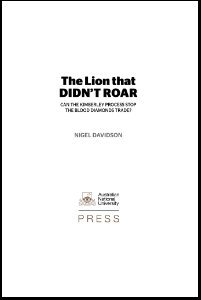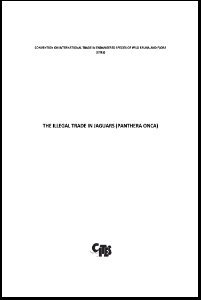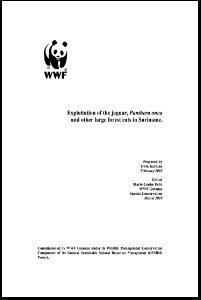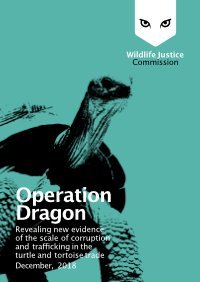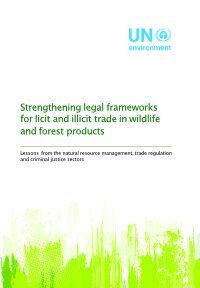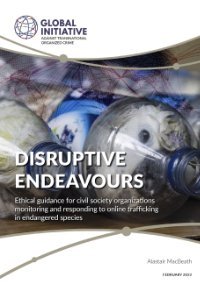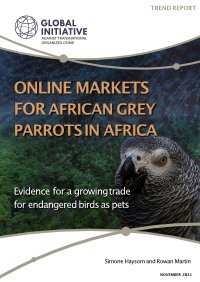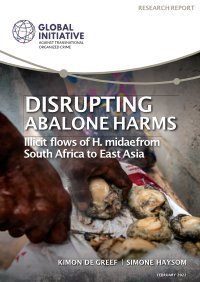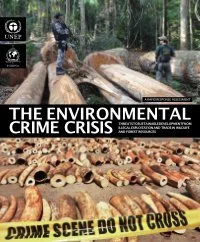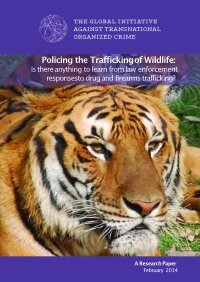By Arias Goetschel
The Illegal Trade in Wildlife (IWT) is one of the most cumbersome threats currently facing biodiversity, with broad implications for the health and wellbeing of humans and nature. Over the past decade, reports of international illegal trade in jaguars (Panthera onca), with links to demand from Asian wildlife markets, have emerged throughout Latin America, raising the profile of jaguars as the emblem of Latin America’s fight against IWT. This DPhil is among the first to explore the characteristics, prevalence, and drivers of this threat to jaguars, with the goal of providing scientific evidence in support of ongoing and future projects and policies aimed at addressing it. Data collection efforts centred in Mesoamerica and Bolivia, two areas with varying degrees of evidence of international trade, and were based on interviews with enforcement agents and conservation practitioners, and questionnaire surveys with rural communities coexisting with jaguars. In both study areas, the illegal jaguar trade was found to be a prevalent, domestically-focused, and opportunistic activity, driven largely by the confluence of cultural traditions surrounding wildlife uses, forest-dependent livelihoods, and negative perceptions and interactions with jaguars, manifested through human-jaguar conflict. To a lesser degree, the trade was also influenced by a more diverse set of external actors and drivers than originally expected, including tourists of diverse backgrounds, regional immigrants, and traders of Asian-decent. Enabling factors ranged from critical limitations in the enforcement capacity of wildlife authorities, to a high social acceptability of jaguar killing in rural communities. Additionally, the DPhil highlighted biases in how those in charge of addressing the illegal trade in jaguars perceive and use evidence on the trade, with a tendency to disregard its reliability and conservation relevance. To address this issue, the DPhil provides guidelines towards a more objective decision-making on the illegal wildlife trade, and reinforces the need for evidence-based, multifaceted, counter-trafficking approaches that consider the complex interacting domestic and international, cultural and commercial drivers behind the illegal trade in jaguars.
Oxford, UK: St. Cross College, University of Oxford, 2021. 244p.









